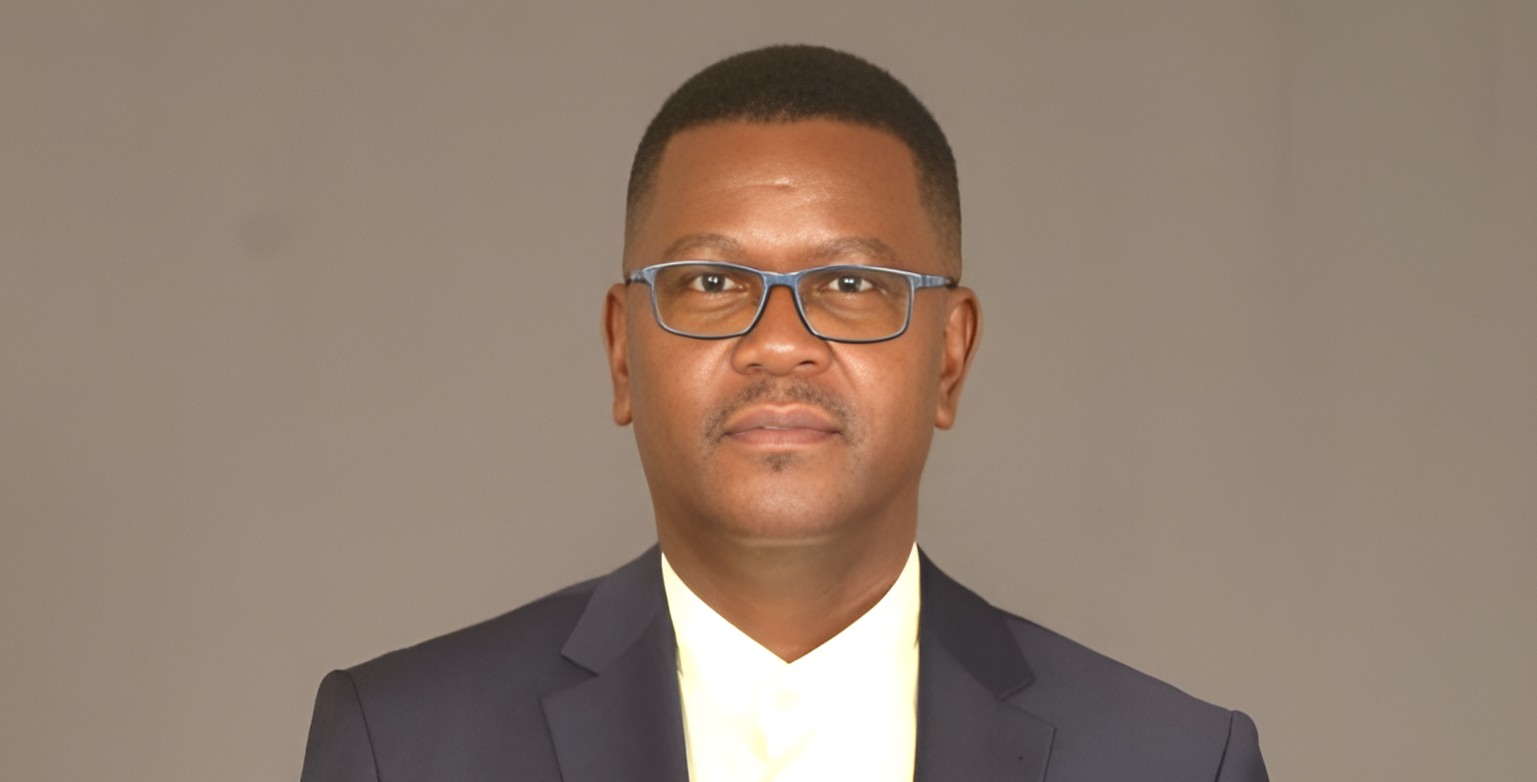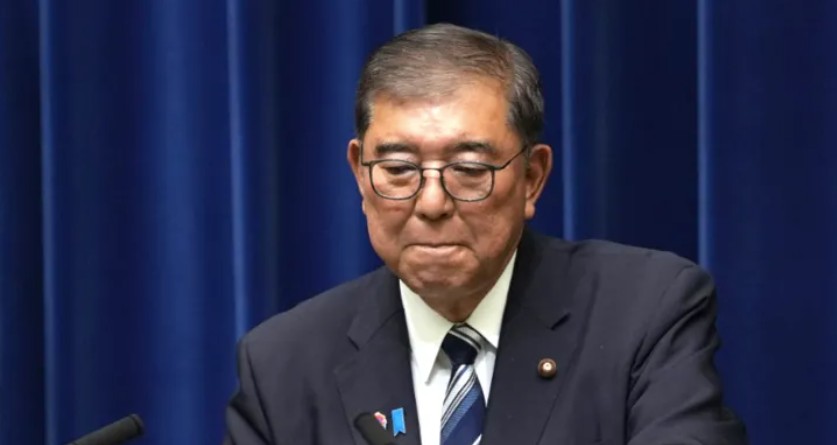National Assembly approves President Ruto’s nominees to police service commission

The Departmental Committee on Administration and Internal Security said the two met all constitutional and legal requirements for the appointments.
The National Assembly has approved President William Ruto’s nominees to the National Police Service Commission (NPSC), endorsing Dr Amani Yuda Komora as chairperson and Angeline Yiamiton Siparo as a board member.
The Departmental Committee on Administration and Internal Security said the two met all constitutional and legal requirements for the appointments under Articles 246(2) and 250(2) of the Constitution, as well as Sections 3 and 8 of the Public Appointments (Parliamentary Approval) Act, Cap. 7F.
More To Read
- Government announces sweeping reforms to transform National Police Service
- National Assembly summons Police IG Douglas Kanja over delayed reforms, payroll issues
- Police recruitment in jeopardy as NPSC wrangles halt preparations
- NPSC chair Yuda Komora vows to transform police into citizen-centered service
- Raila slams IEBC, NPS and DPP, says they have failed Kenyans despite 2010 Constitution gains
- Ruto appoints Komora, Siparo to National Police Service Commission
The approval followed the House’s adoption of a committee report on Thursday, after the vetting of the nominees.
During the session chaired by Narok West MP Gabriel Tongoyo, Komora, nominated for the position of NPSC chairperson, was questioned on how he would resolve the payroll access dispute between the Commission and the National Police Service (NPS).
“The Constitution gives a clear mandate to both the NPS and the NPSC. I believe this matter can be resolved through amicable reconciliation. If appointed, I will ensure this happens,” he told the committee.
 Dr Amani Yuda Komora who has been approved by MPs as the new chairperson of the National Police Service Commission. (Photo: Handout)
Dr Amani Yuda Komora who has been approved by MPs as the new chairperson of the National Police Service Commission. (Photo: Handout)
When asked about the biggest obstacle to police reforms, Komora cited budgetary constraints as the main challenge, though members noted that not all reforms require significant financial resources. He pledged to ease tensions between the NPSC and NPS over human resource management, particularly payroll issues.
Siparo, who holds a Master’s degree in Counselling Psychology and Public Health Policy, was pressed on how she would address mental health concerns in the police service.
“This is a topic I am deeply passionate about. There is a need for regular debriefing and counselling to address job-related traumatic stress,” she said, noting that many challenges stem from generational trauma and colonial-era antagonism.
If appointed, she added, she would adopt a design thinking strategy, a people-centred approach focusing on understanding user needs, fostering teamwork, and developing innovative, practical solutions.
With their vetting concluded, the committee recommended their approval, paving the way for the two to join the NPSC.
The team will take over the constitutional mandate of overseeing appointments, promotions and disciplinary processes within the police service.
Top Stories Today










































